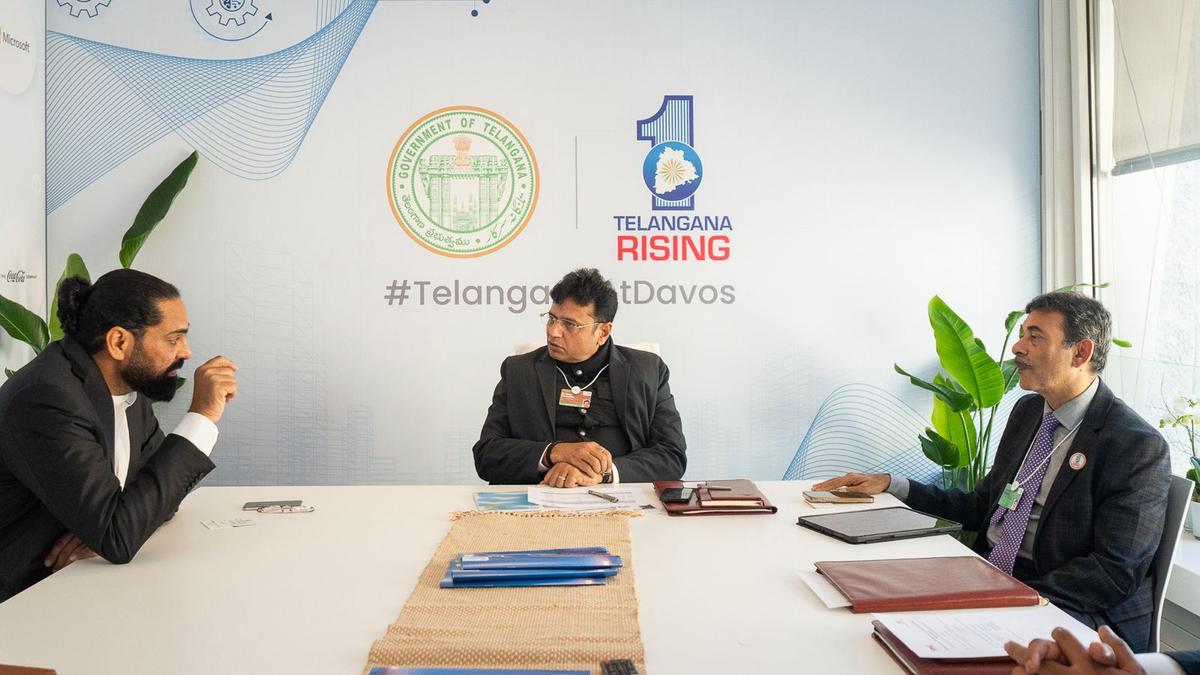The Saks-Neiman Marcus merger appears to have been OK’ed by the U.S. Department of Justice by virtue of its review period expiring and no objections to the deal emerging, according to sources familiar with the situation.
HBC, the parent corporation of Saks, declined to comment.
The government has been reviewing the deal revealed July 4 by HBC to purchase the Neiman Marcus Group for a total enterprise value of $2.6 billion. “The period of review has expired,” said one source, who requested anonymity. “At this time, there has been no objection to closing the transaction.”
After HBC disclosed the deal, on July 19 the retailer made a presentation to the Federal Trade Commission, which would be exploring any possible restraint of trade issues. After that, either the FTC or the Department of Justice has 30 days to request a second round of information. That period expired on Monday at midnight, according to a source.
With neither the FTC nor the Department of Justice requesting additional information from HBC, that effectively green-lights the deal. It’s not clear whether the government informed HBC to proceed to close the deal, or just let the 30-day period expire without any communication. “HBC got nothing,” the source said, explaining that the government would not necessarily communicate on moving the deal forward.
It’s also unclear when the deal might close. Based on the $6 billion purchase price in 2013, and very recent speculation that the price tag on Neiman’s would exceed $3 billion, it appears that Saks, at the $2.65 billion price, is getting a good deal.
The government could have been concerned about the potential for HBC to raise prices, close stores, lay off workers and increase pressure on vendors. Recent history shows that these federal agencies have challenged transactions involving well-known businesses in other industries, such as Microsoft, Meta, American Airlines and JetBlue, but also in fashion/retail, with the FTC blocking Tapestry Inc.’s $8.5 billion deal to buy Capri Holdings — which would create an accessible handbag giant with Tapestry’s Coach and Kate Spade and Capri’s Michael Kors. The FTC argued that consumers will lose the benefit of head-to-head competition on price, discounts and promotions, innovation, design and marketing if that deal goes through. Sources indicate that there has been a lot of back and forth between the government and Tapestry.
Saks Fifth Avenue on Fifth Avenue.
Lexie Moreland/WWD
Most industry pundits speculated that the Saks-Neiman’s deal would go through because the luxury market in the U.S. has expanded, and that it’s a lot more competitive, with designers operating their own shops and websites, and selling to a rising number of independent fashion websites. Designers and vendors have become less dependent on distributing to Saks or Neiman’s.
Some pundits raised the possibility that the government could have required HBC to sell off certain locations in markets or malls shared by Saks and Neiman’s, but that does not appear to be happening.
“There were no objections” from the government, said the source.
HBC has scheduled a podcast on Wednesday between Richard Baker, executive chairman and chief executive officer of HBC, and Marc Metrick, CEO of Saks Global, to provide an update on the business. Saks Global is the combination of luxury-oriented retail and real estate assets, including Saks Fifth Avenue, Saks Off 5th, Neiman Marcus and Bergdorf Goodman, each of which will continue to operate under their respective brands. Baker is also executive chairman of Saks Global. Saks Global generates $10 billion in sales, with Saks accounting for about $6 billion in sales and Neiman’s, $4 billion.



:quality(85):upscale()/2025/01/21/935/n/1922507/1bb76df3679011223c7564.17630251_.png)



